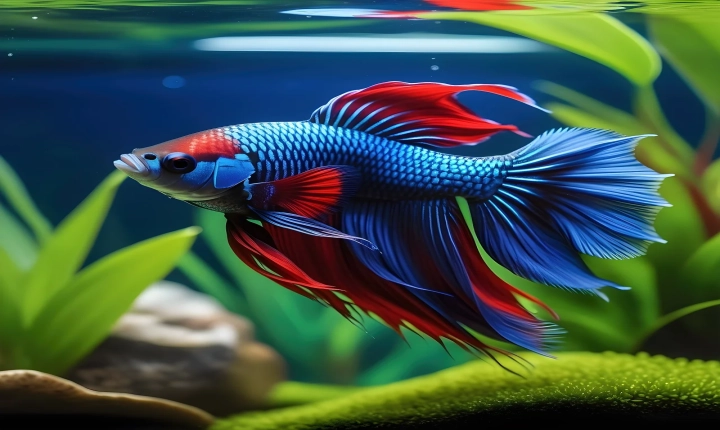Artificial Intelligence (AI) is revolutionizing the fashion industry in numerous ways, from design and production to marketing and customer experience. With the ability to analyze vast amounts of data and make accurate predictions, AI is enabling fashion brands to innovate and optimize their operations, ultimately benefiting both the industry and consumers.
One of the most exciting applications of AI in fashion is in the design process. Designers are using AI algorithms to generate new and unique patterns, textures, and styles, which can help inspire and streamline the creative process. These algorithms can analyze historical trends, customer preferences, and market demand to suggest design elements that are likely to resonate with the target audience.
In addition to design, AI is also being used to enhance the efficiency of the production process. By leveraging AI-powered robotics and automation, fashion manufacturers can optimize their production lines, reduce waste, and improve overall productivity. This has the potential to lower production costs and shorten lead times, ultimately benefiting both the businesses and the end consumers.
AI is also transforming the way fashion brands interact with their customers. By analyzing customer data and behavior, AI can personalize marketing campaigns and recommend products that are most likely to resonate with individual customers. This level of personalization can enhance the overall customer experience and drive higher engagement and sales.
Furthermore, AI is playing a crucial role in improving sustainability in the fashion industry. By analyzing factors such as supply chain efficiency, material usage, and energy consumption, AI can help identify opportunities for reducing waste and environmental impact. This can lead to more sustainable and eco-friendly practices in the production and distribution of fashion products.
Moreover, AI is also being used to enhance the online shopping experience. Virtual try-on technology powered by AI allows customers to see how clothing items will look on them without having to physically try them on. This not only reduces the need for returns but also enhances the overall online shopping experience, leading to higher customer satisfaction and loyalty.
In conclusion, AI is playing a transformative role in the fashion industry, from design and production to marketing and customer experience. By leveraging the power of data analysis and predictive algorithms, fashion brands can innovate, optimize their operations, and ultimately provide a more personalized and sustainable experience for consumers. As AI continues to advance, its impact on the fashion industry is only expected to grow, leading to a more innovative, efficient, and customer-centric fashion landscape.
